Minority game
Homo economicus (lat. economic man) is a very convenient concept, which is used to simplify many economical problems. Yet this concept may not always work. One of the simplest examples were the idea of homo economicus fails is so-called Minority game.
Imagine that each workday evening you may either go home or visit a bar. At home you will always be able to spend some quality time, but at the bar you might be able to have more fun. Yet the bar has only a limited space for visitors. For the sake of simplicity let us assume that it may conveniently fit in just about half of your coworkers. Each of your coworkers faces the same dilemma as you - go home or visit the bar? Thus you have to make the same choice as minority of you coworkers.
Typical homo economicus could solve this problem by gathering information about the plans of his coworkers. In this case he would know the choice of majority and thus would be able to choose option preferred by the minority. So far everything is fine for homo economicus. Yet imagine what would happen if all agents (you and your coworkers) would be homo economicus? After polling each other they all would make the same, and thus wrong, decision. Each time they would end up in the losing majority.
The agents could approach the problem in a different manner. As the polling would not provide efficient decision making, one could try to predict the future based on the recent history. Note that similar behavior is undertaken by chartists or technical traders in the financial markets. In this game, based on recent history agents make their choice based on their best performing strategy. In Figures below you can see the typical decision making during each "evening."
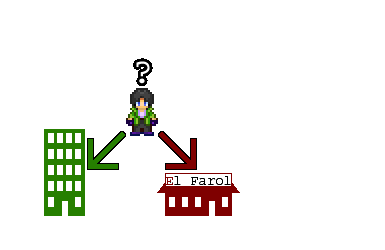 Fig. 1:Agent wants to make a choice: go home or visit the bar.
Fig. 1:Agent wants to make a choice: go home or visit the bar.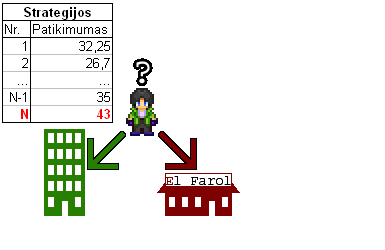 Fig. 2:Agent checks his set of strategies and chooses the best one.
Fig. 2:Agent checks his set of strategies and chooses the best one.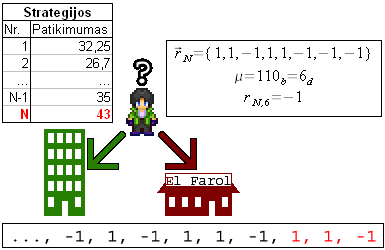 Fig. 3:Agent looks up recent history (three evenings in this figure) and checks it against his strategy (here represented as vector).
Fig. 3:Agent looks up recent history (three evenings in this figure) and checks it against his strategy (here represented as vector).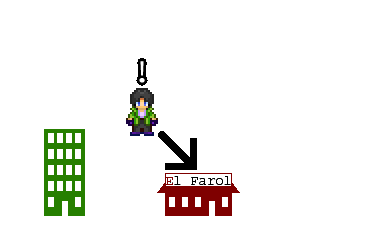 Fig. 4:Agent makes a choice.
Fig. 4:Agent makes a choice.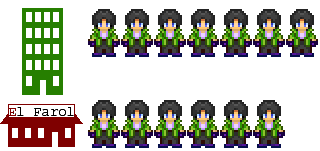 Fig. 5:Agents evaluates his choice. Strategies, which would predict correctly gain points, while ones that predicted incorrectly - lose points.
Fig. 5:Agents evaluates his choice. Strategies, which would predict correctly gain points, while ones that predicted incorrectly - lose points.Now you should be able to understand how agents think. Thus we invite you to beat them! As their number is finite (100), their memory (as well as yours) are limited to 5 evenings and number of their strategies is rather low (2), you should be able to beat them. If your choices will be correct (you will not choose the same action as majority), then you will be awarded points, while otherwise you will lose points. In applet window you will score and also your current position as well as number of points scored by the current number one.
Feel free to share you score with us!
